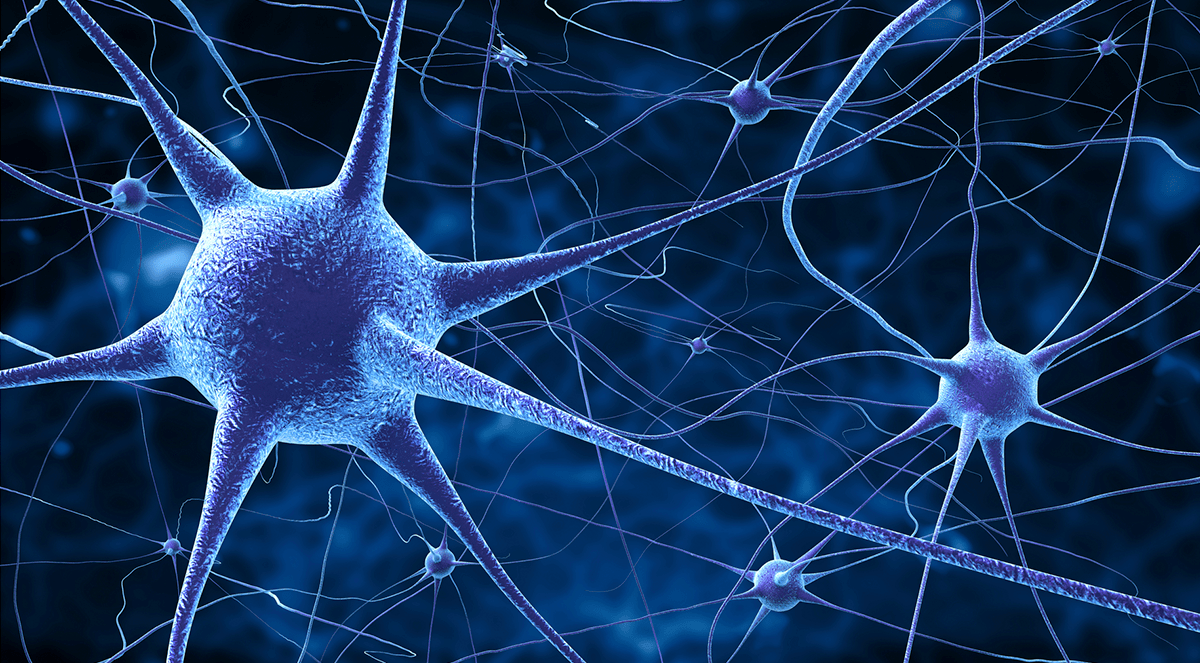Failed remyelination underpins neurodegeneration and central nervous system (CNS) dysfunction with aging and progression of neurological diseases, such as multiple sclerosis and Alzheimer’s disease. Existing therapies have shown limited efficacy in halting disease progression in humans, highlighting the need to identify pro-remyelination treatments. Microglia are CNS-resident macrophages with critical roles in the regulation of remyelination, representing a promising therapeutic target. However, there are currently no therapeutics which specifically target microglia. Recent studies have revealed that microglia are a heterogenous population with distinct transcriptional states in health and disease conditions, including during remyelination, suggesting functional differences between states. Here, we discuss the potential contributions of different microglia states to degenerative and regenerative processes, examine the potential to target microglia in a state-specific manner to promote remyelination and consider the key issues to be addressed before such therapies can be clinically applied.Copyright © 2022 Elsevier Ltd. All rights reserved.
Microglia as therapeutic targets for central nervous system remyelination.


